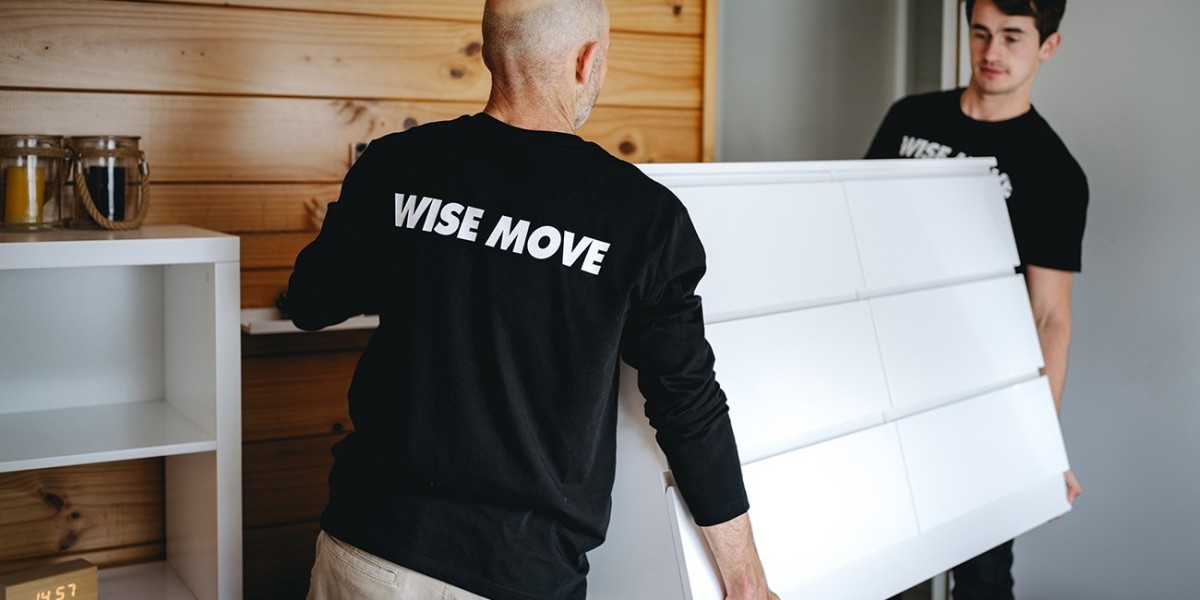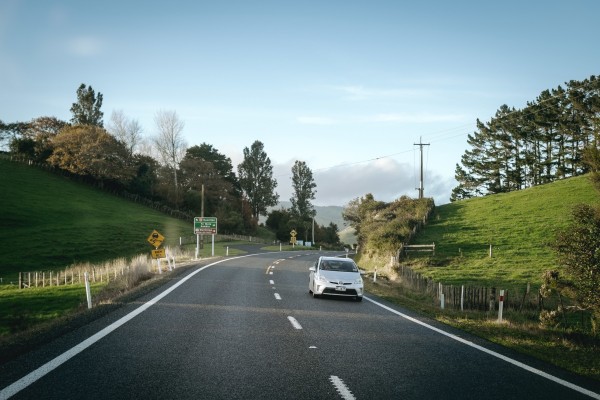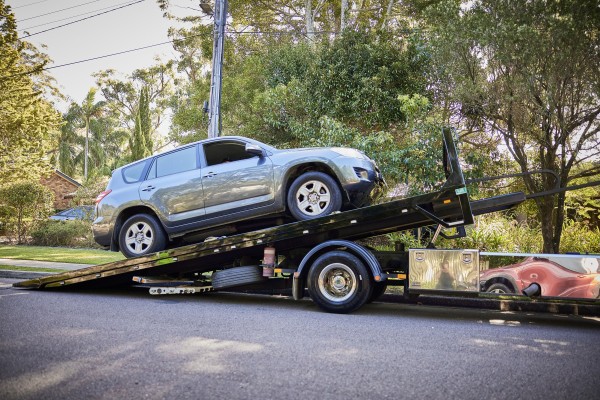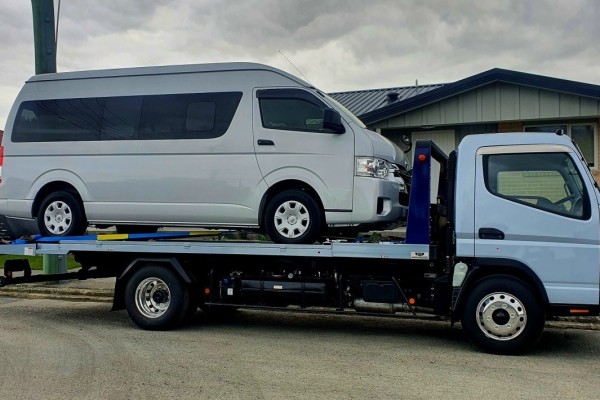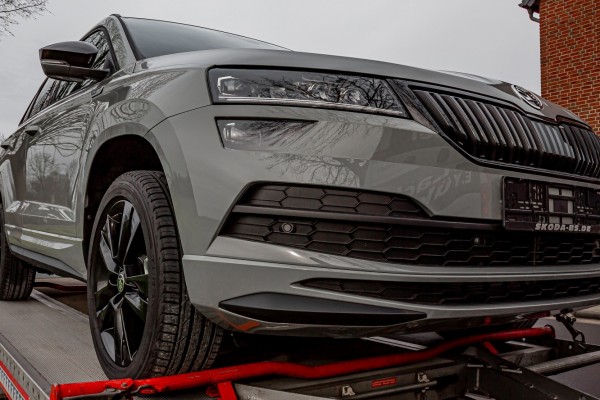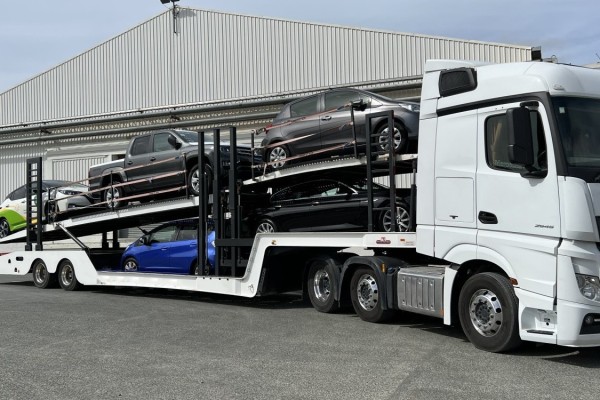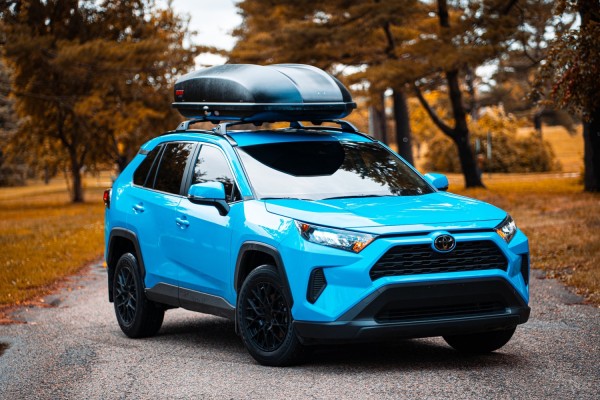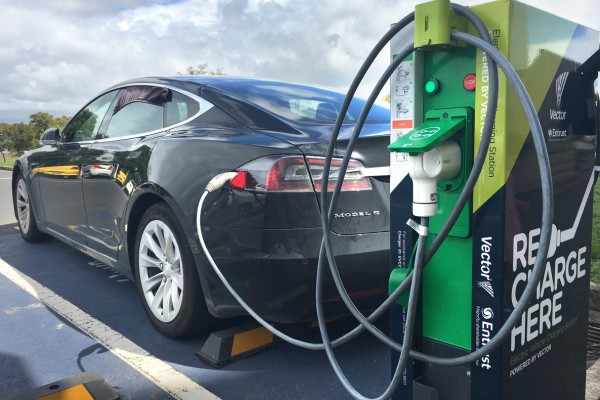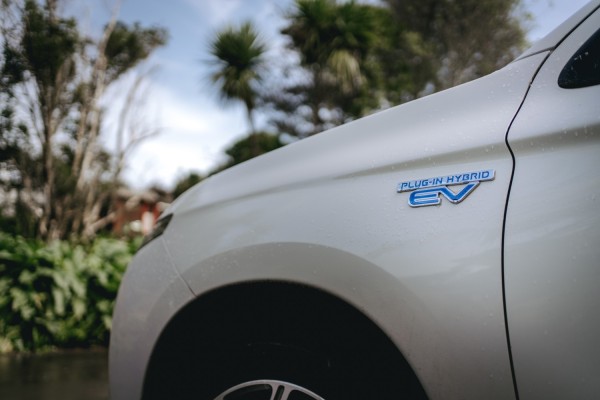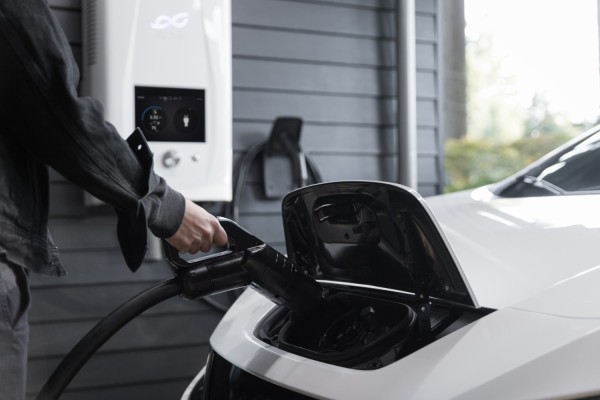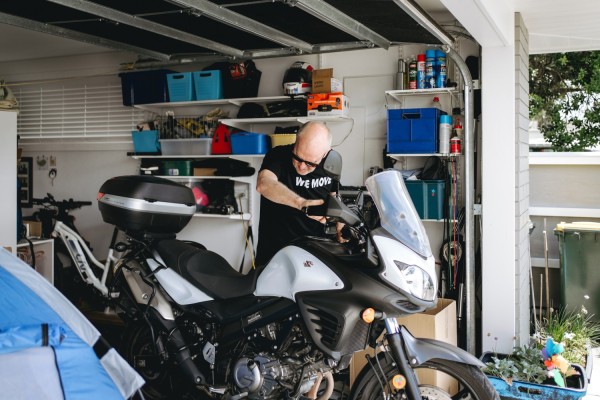How to safely buy a car off TradeMe in New Zealand
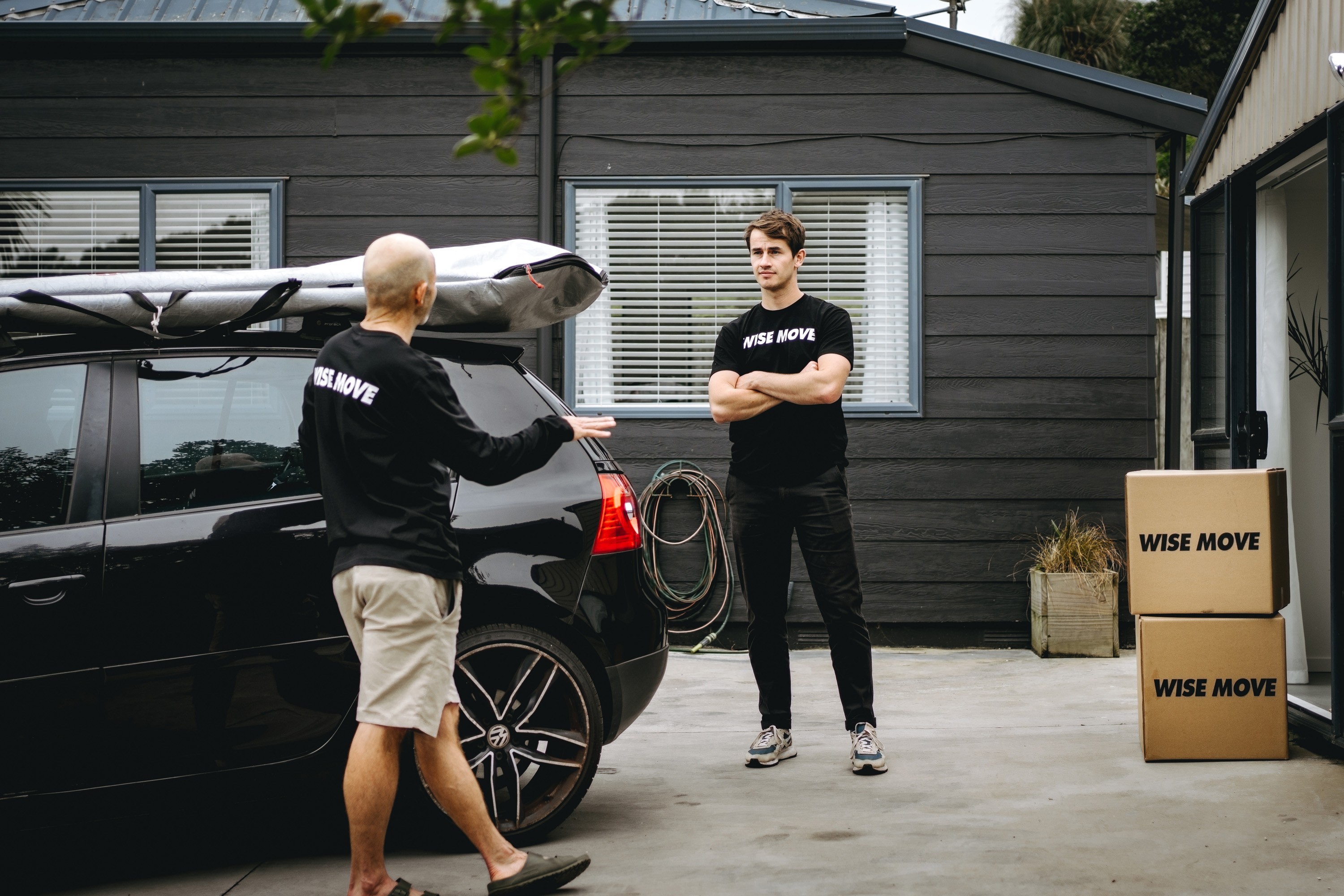
Buying a car privately is a right of passage for most New Zealanders. Before you have the funds to buy a new car, hitting up TradeMe or other vehicle listing sites is an affordable way to upgrade your vehicle or purchase your first car.
What if you’ve never bought a car privately before? How can you avoid being misled or spotting a bargain from a lemon?
Our guide to safely buying a car off TradeMe (or similar platforms) will ensure your purchase is a positive one.
Searching for a car
TradeMe is an easy platform to use. But searching for a car online can quickly become overwhelming if you don't know what you want. Research the type of car you want off the platform first. Use Google or ask friends and family in the know for recommendations on buying the best car based on your needs (ie. lots of horsepower for hills, small and compact for city parking, big boot and backseat for hobbies or passengers, electric vehicles or petrol models, car or SUV).
Once you’ve narrowed your search and have a make and model in mind, you can start looking for specific vehicles that fit your needs. It’s also a good idea to look for several different models at once. Supply chain issues over the last few years could mean fewer vehicles of that model are available.
Once you’ve found a few cars that fit the make, model and budget you are after, it’s time to set up a viewing.
Setting up a viewing
Setting up a viewing in person is critical to buying a car off TradeMe. With a private sale, you have less protection than when buying from a dealer.
View the car yourself rather than outsourcing this task to a friend or family member. Even if they know more about cars than you, you should still view the car in person. At the very least, you’ll want to get a look at the size of the car and sit in the driver's seat. At the end of the day, you’re the one driving it, so you should make sure you feel comfortable about your purchase.
At the viewing, ask as many questions as possible about the car’s history relating to how they’ve used it and any issues or mechanical work it has had done.
Checking over the car
You should also perform a thorough inspection. If you aren’t comfortable doing a thorough test while the seller is there, ask to take it for a test drive and then pull over and inspect for:
-
Rust on the bodywork. Corrosion on the structural supports like the suspension, door hinges, door lock anchors, seatbelt anchors, petrol cap door, under the carpet, or spare tyre is a bad sign.
-
New paintwork. This could be a sign the seller wants to cover up the bodywork. Check for overspray or different colours in the wheel arches.
-
Shock absorbers. Push down on one corner of the car (where the lights are or the back left or right boot) to get a rhythmic motion going. When you let go, the car should stop immediately. The longer the car takes to stop, the more worn the shock absorbers are.
-
Springs and shock absorbers. Look at the car head-on. If it’s sagging or sloping to one side, this could indicate problems with worn shock absorbers or defective springs.
-
Tyres. Treads must be 1.5mm deep around at least ¾ of the tyre for them to be roadworthy. Look for uneven tyre wear on all four tyres. This can indicate suspension or alignment problems.
-
Panels. Open all doors, including the bonnet, boot, and petrol door, making sure the door is aligned with the body of the car and that they open and shut smoothly.
-
Windows. Check that the windows close and open smoothly.
-
Air conditioner and interior switches. Check all buttons and knobs are working.
-
Lights. Ask your friend or family member to stand in front and behind the vehicle so you can check that the headlights, fog lights, full beams, indicators and brake lights work.
-
Exhaust. Check for leaks in the muffle or exhaust by looking for brittle areas where putty is used to plug up a hole.
-
Engine. Frayed wiring, a dirty engine, or anything that looks poorly attached could indicate neglect or a worn-out engine.
-
Oil drips. Look for oil stains on the driveway. Leaking oil will cause all sorts of problems and cause the oil to constantly need topping up.
-
Smoke from the exhaust. Continuous blue smoke coming from the exhaust is a sign of a badly worn engine.
-
Radiator. Leaks, rust or stains. Leaks in the radiator hose.
-
WoF. A warrant of fitness at least tells you that the vehicle is roadworthy.
Taking it for a test drive
Always test-drive the vehicle before you buy it. You should test it in various speed zones and on different types of terrain. When you drive, listen for any odd noises or rattling and shaking of parts. Drive the car in a low-speed zone like a car park, a medium-speed zone on a regular street and, if possible, on a highway or rural road at high legal speeds. You should also test the car by driving it up a hilly street. Test the parking brake by parking on a hill.
These tests will indicate how well the vehicle drives and how it copes with changes in terrain. If you live in a hilly area, a car that struggles on steep streets might not be right for you.
Overall you want to make sure the car drives smoothly, doesn’t struggle with hills, and there are no ominous sounds or smells that could indicate an engine problem.
Getting a professional inspection
Taking the vehicle for a professional inspection is always a good idea. Most sellers won’t object to you taking the vehicle in for an inspection. You can take it to your mechanic or a trusted professional like VTNZ. Pre-purchase inspections cost around $200. This small amount of money could prevent you from buying a vehicle that costs you hundreds or even thousands in repairs.
A VTNZ pre-purchase inspection will also give you a report detailing anything wrong with the car. You can also use this report to negotiate a better price if you feel there are small problems that the seller failed to mention. Obviously, if there are major engine or structural problems, it’s better to walk away from the sale.
Checking any debt associated with the car
Before you purchase the car, make sure there’s no risk of it being repossessed. For $20, you can buy a Vehicle Information Report from Motorweb to ensure no debt is associated with the car.
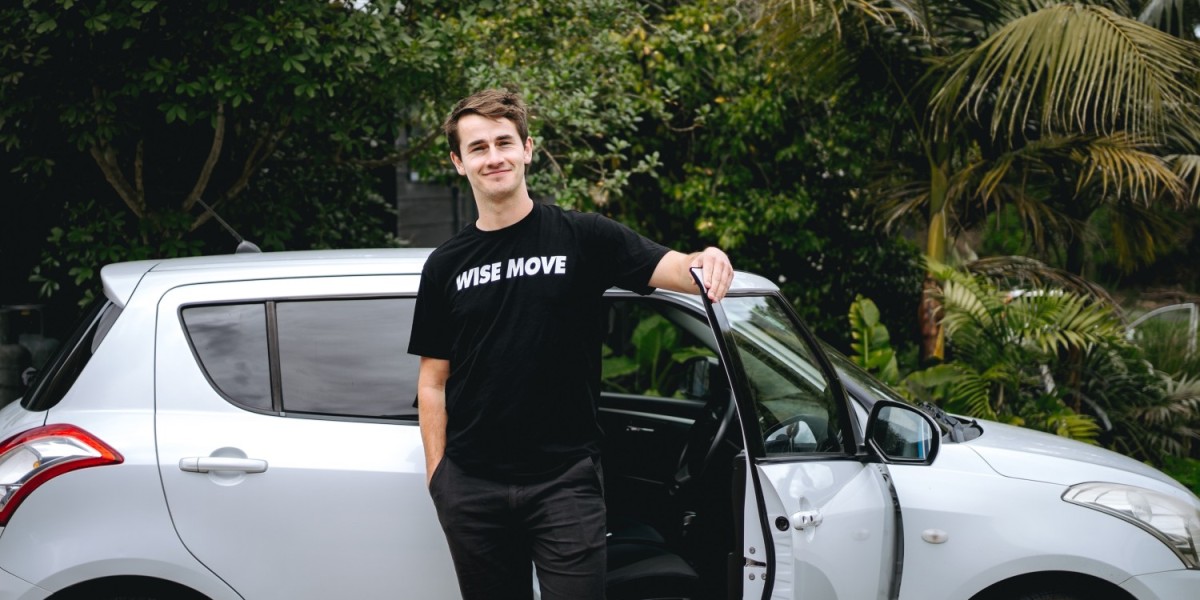
If your chosen vehicle passes these tests, it’s time to make an offer. Need help getting your new car from the seller to your home? Use Wise Move to book your car transport with New Zealand’s leading, trusted vehicle movers.
What do our customers say?
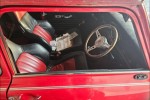

For every (wise)move

